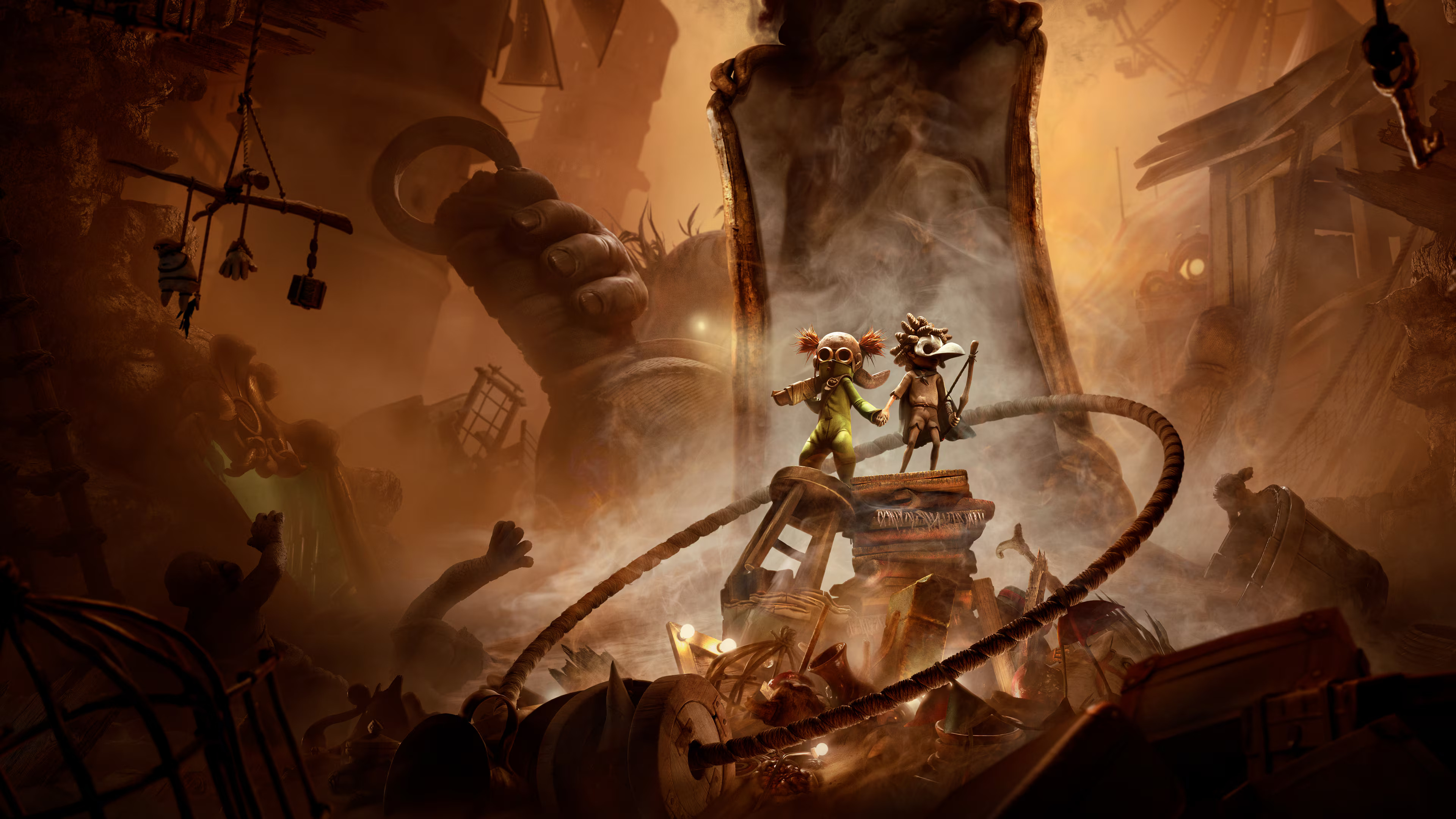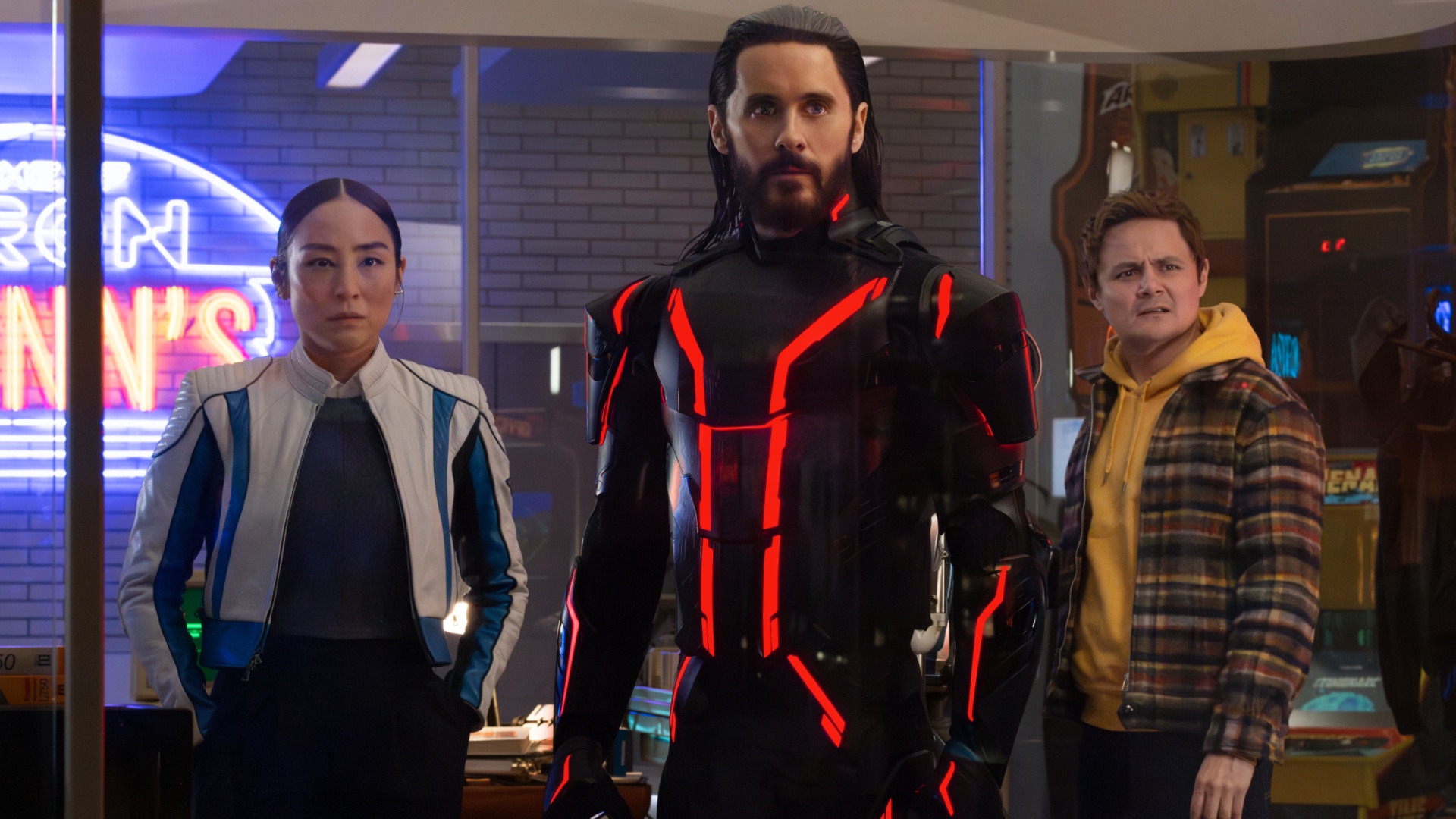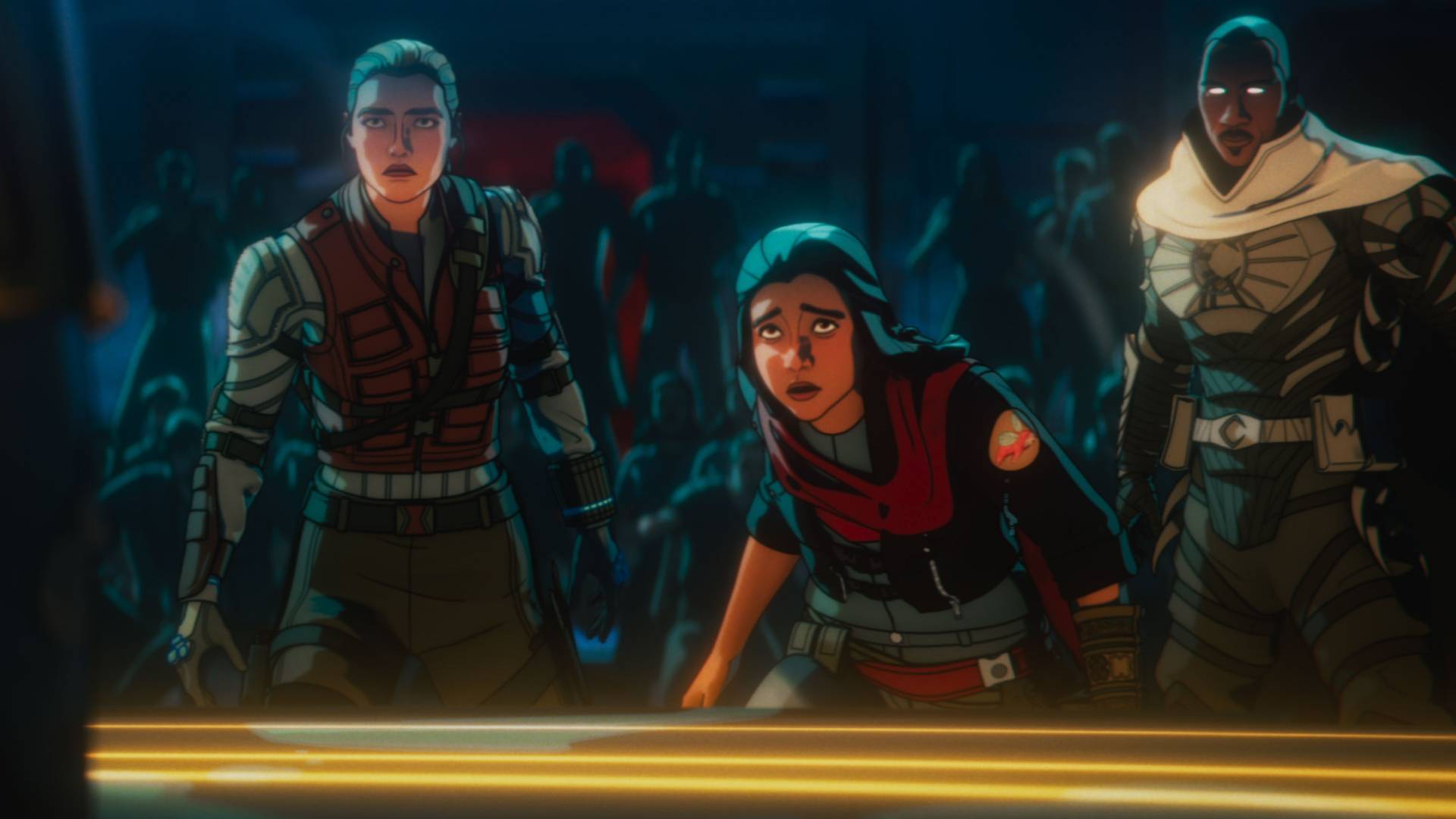No game lives forever: The sad neglect of one of FPS great innovators
Before developing arguably the best Lord of the Rings gaming adaptation to date in last year’s Middle-earth: Shadow of Mordor; before the grimy brawling of Condemned: Criminal Origins, before the novel FPS-meets-J-horror of F.E.A.R.; Monolith Productions made the No One Lives Forever games - smart, inventive, desperately progressive first-person stealth shooters that also achieve the very rare feat of being genuinely funny. Set in the 1960s, the games pay homage to espionage thrillers of the era, adopting the tongue-in-cheek tone of Get Smart and featuring, in Netflix parlance, a strong female lead. Former cat burglar Cate Archer is British intelligence agency UNITY’s most capable operative, an expert agent who, despite doing most of the organisation’s perilous legwork, is belittled at every turn simply because she’s a woman.
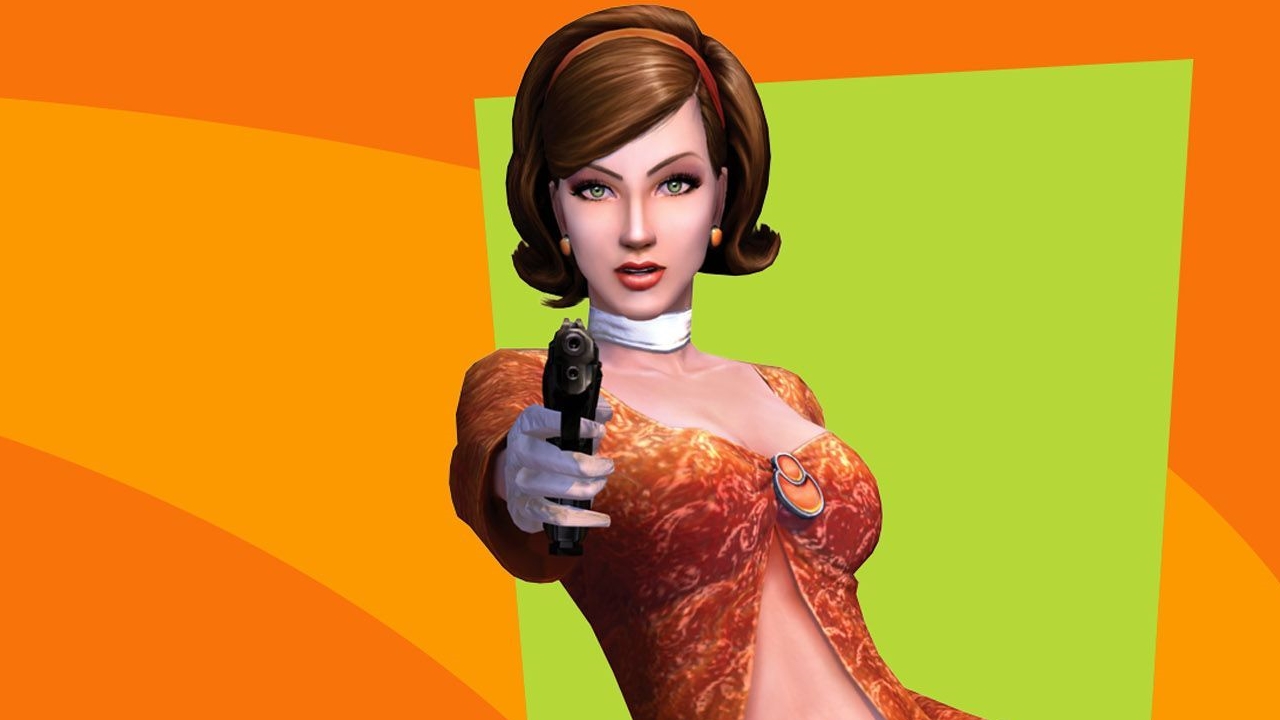
A quick caveat before I start. I wanted to write about both 2000’s The Operative: No One Lives Forever and its 2002 follow-up, No One Lives Forever 2: A Spy in H.A.R.M.’s Way, but alas the former point-blank refused to install on my 64-bit Windows 7 machine. Sure, I could have spent an evening trawling forums in the hope of some magic solution, but the real point is that I shouldn’t have to. It’s an embarrassment two such great games have been neglected, left languishing in re-release limbo by way of licensing ambiguity and publisher indifference. For all that it trades on nostalgia, the games industry is terrible at preserving its own heritage.
I’m heartbroken to think of a new generation of players missing out on these primo slices of spy semi-spoof simply because they’re becoming tougher to acquire and run. I have the privilege of owing the original discs. Without a proper digital version available, and as dedicated high street games retailers pare down their retro sections, the only realistic way to get hold of the games these days is to head to eBay, or take a risk on a torrent site. And even then, there’s the OS compatibility hurdle to leap over.
While the more polished, more streamlined sequel dwells less overtly on workplace sexism - Archer has already proved her worth to UNITY, after all - a streak of male chauvinism still runs through many of the NPCs. The fiercely patriotic, nuclear-warmongering General Morgan Hawkins suggests that Archer should “stick to swapping recipes” rather than voice her opinion on tactical matters, while a vodka-soaked oaf of a pilot still insists you make his coffee after you’ve singlehandedly rescued him from capture for a second time - before announcing he’s going to stay indoors and recover from a hangover while you head out alone to risk your life disarming a bomb rigged to explode his getaway plane.
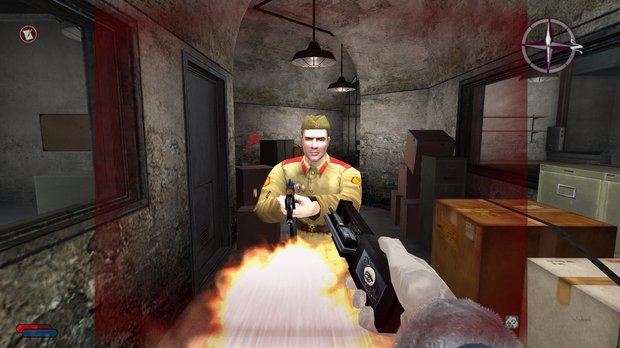
I actually prefer the more subtle take on sexism the sequel employs - much of the dialogue in NOLF is straight-up, “this is no place for a woman” stuff, while NOLF2’s male characters often reluctantly play the ally before letting slip how they really feel with loaded comments, reflecting how deeply entrenched misogyny is in society, and how much is just accepted background noise.
A conversation possible to eavesdrop on early in the game actually passes the Bechdel test, as two guards discuss telling the time by looking at cats’ eyes (“What happens if you don’t have a cat handy?” “That’s why I always carry dried fish,”) while later, you can overhear henchmen questioning why fewer women get into the field of criminality, wryly evoking discussions of female underrepresentation in the games industry. These worldbuilding, brilliantly-written NPC exchanges - and there are dozens of them - are not only funny, but also totally optional pieces of story/action interplay. Rewards for being stealthy and biding your time.
Like the first game, NOLF2 turns James Bond’s Q-issued hypermasculine, status-brand gadgetry on its head with spy tools concealed inside regular beauty items - a lipstick camera, nail clipper lock pick, hair spray cutting torch and so on - many of which you may use only once, or perhaps even not all during the course of a playthrough. It’s a testament to Monolith that every equippable item is so consistently themed and gorgeously rendered, even for the most fleeting of appearances, building cohesion, character, and sly, thematic resonance.
Weekly digests, tales from the communities you love, and more
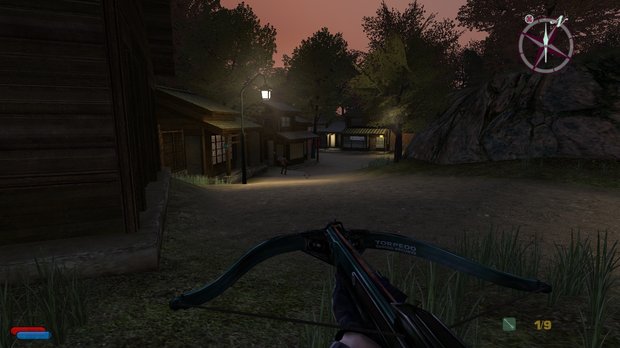
Indeed, where NOLF2 truly excels is in its detail. A mission which sees Archer evading law enforcement on the streets of India - and provides subtle comment on police brutality, as alerted cops cosh you to yells of “it’s for your own good!” - specifies that no innocent, civilian or law, can be killed. One of the few tools at your disposal during this section is the humble banana, which can be deployed in the path of those giving chase to make them slip and become temporarily immobilised.
However, if you happen to drop a banana on a flight of stairs, it will cause your pursuer to not only slip and fall, but also tumble and break their neck. I don’t even recall spotting this detail when I first played the game over a decade ago, and though I initially failed the mission thanks to it this time around, I got a huge kick out of discovering this particular, unfortunate consequence, one which many players may miss entirely.
Though writing and design minutiae are the game’s greatest strengths, mechanics are not sacrificed. While not best in class, shooting and stealth are robust, and there’s a simple but effective character progress system embedded within, as Archer racks up spendable skill points for meeting objectives and collecting intelligence. The game revels in mundanity and dull workplace procedures - rooting around filing cabinets for top-secret documents in some remote base only to turn up an office supply catalogue never fails to raise a smile.
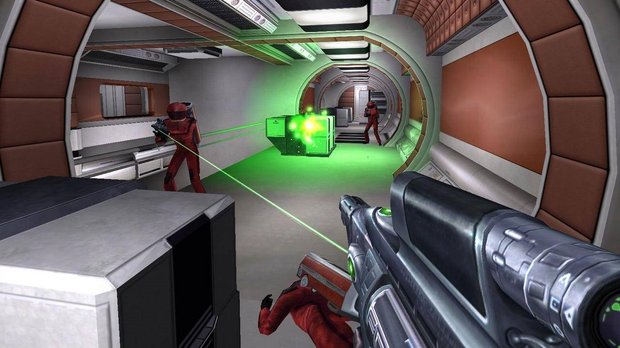
Search recently-slain corpses and you’ll find all manner of trinkets, alongside love letters, baby photos, and unused theatre tickets, providing surprisingly poignant reminders that the hired goons you massacre have lives outside of patrol routines. These are brief allusions to a wider world of humanity that so many action games lack.
NOLF2 is not without its flaws, however. Some of these can be attributed the game’s age, and mechanics of a bygone era - the save system, the absence of context-sensitive takedown prompts, sometimes-vague objectives that are easy to miss. Meanwhile, playing through on normal, the difficulty curve is all over the place, with some hair-tearing short sections coupled with astonishingly easy boss fights.
These issues do not detract from some wonderful, memorable set pieces, however. At times, it’s a masterclass in atmosphere and, interestingly, at its best during a couple of sequences in which enemies are removed in favour of pure environmental storytelling and tension-building. In an interview a few years ago, Fullbright founder Steve Gaynor named NOLF2’s abandoned house level as one of his all-time favourites, and it’s easy to see the influence it had on Gone Home. One of the game’s understated highlights, this chapter opening offers a short respite from action, with Archer rifling for information in the eerie, run-down former residence of a traitor, listening to audio diaries and uncovering secrets as the wind howls outside.
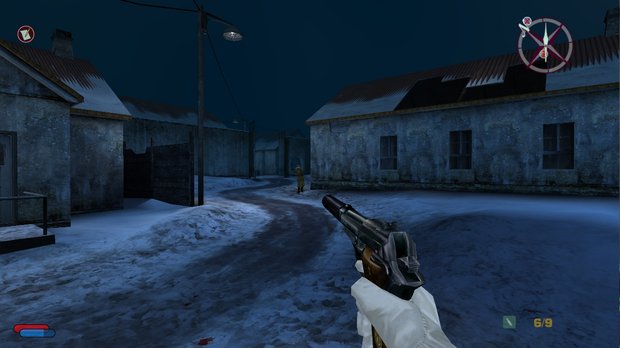
Nearing the endgame, it’s hard not to think of BioShock’s Big Daddies when watching the game’s mutilated, augmented, but still-horribly-aware cyborg Super Soldier Lieutenant trudging across the ocean floor, pining for his daughter. Dishonored, too, feels like a good companion piece. Both games have similar pacing, seamless transitions between stealth and action, and a plethora of gadgets with which to shape your journey. Both have a multi-use crossbow capable of pinning enemies to walls, and even share the use of strong, caricatured art design, which should withstand the test of time long after their more ‘realistic’ contemporaries date. Both games even feature henchmen partaking in a spot of open-air urination. Coincidence? Well, maybe.
Despite valiant efforts from Night Dive Studios to secure the long-dormant licence for a proposed series re-release, the attempt has been abandoned after getting stuck in a contractual quagmire. Perhaps a series reboot could emerge, one day - NOLF’s characters, settings and critical reception seem too strong to be squandered. As it stands, 2003’s stripped-down spin-off Contract J.A.C.K. remains the franchise’s underwhelming swansong.
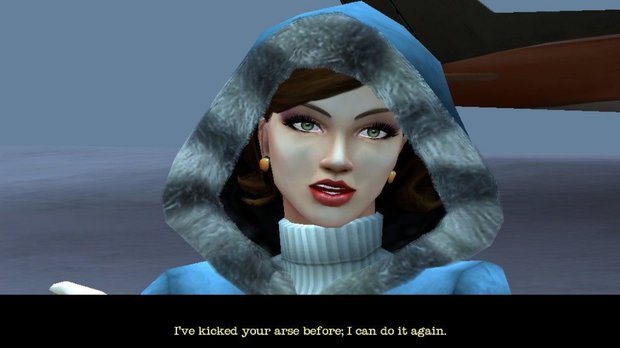
Despite having the pleasure of replaying through NOLF2 this week, the experience was not without issues - the game crashed to desktop at least every 30 minutes, explosions bizarrely reduced my GTX 680 to single-figure framerates, and graphical corruption reared its head time and again. Who knows if an impending upgrade to Windows 10 will consign the game to the same fate as its predecessor on my PC? I hope not. But I fear that like that other old espionage favourite, the self-destructing message, the No One Lives Forever games may one day live on only in memory.

Dan is a freelance writer who has written for numerous publications over the years, including AskMen, GamesRadar, and Goodreads.
